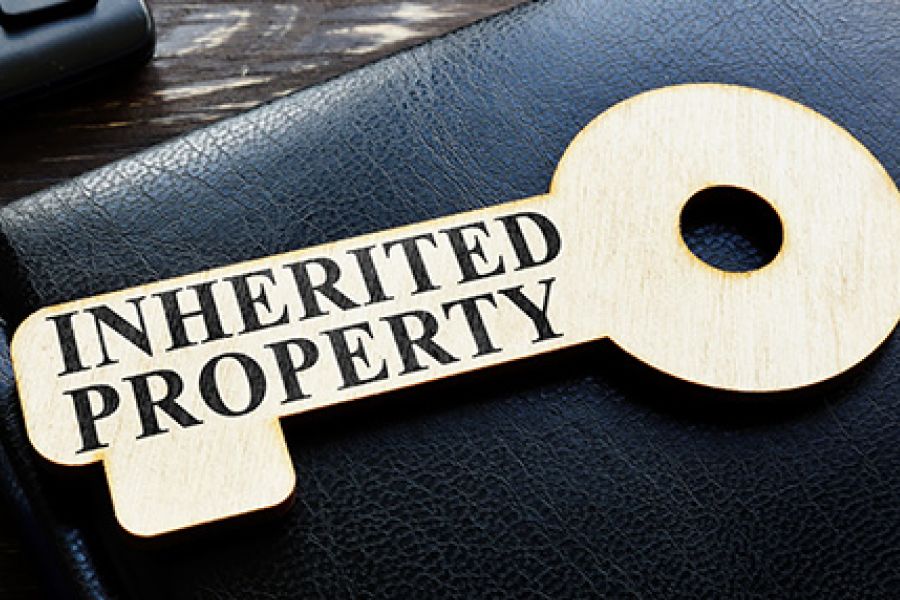If you’re planning your estate, or you’ve recently inherited assets, you may be unsure of the “cost” (or “basis”) for tax purposes. The current rules Under the current fair market value basis rules (also known as the “step-up and step-down” rules), an heir receives a basis in inherited property equal to its date-of-death value. So, for example, if your grandmother bought stock in 1935 for $500 and it’s worth $1 million at her death, the basis is stepped up to $1 million in the hands of your grandmother’s heirs — and all of that gain escapes federal income tax. The fair market value basis rules apply to inherited property that’s includible in the deceased’s gross estate, and those rules also apply to property inherited from foreign persons who...




